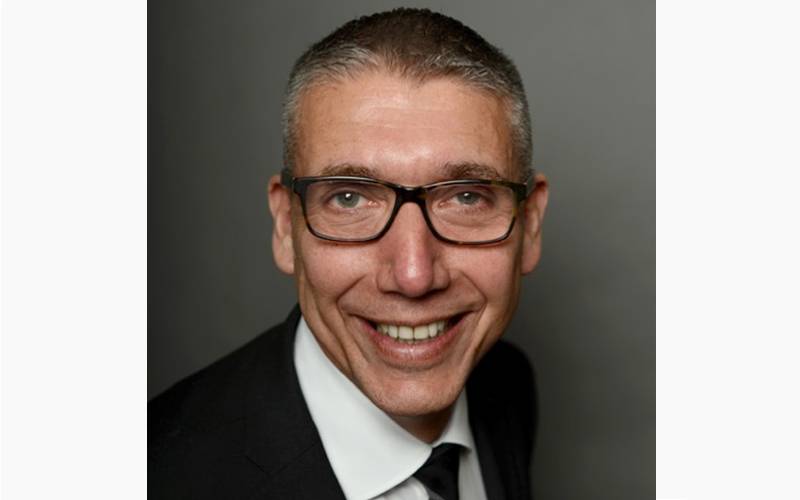This month we speak to Prof Jose Torero Cullen to find out how his work coordinating the new CAVE facility is improving the health of the public.
 What is your role and what does it involve?
What is your role and what does it involve?

I am Professor of Civil Engineering and Head of the Department of Civil, Environmental and Geomatic Engineering. My professional field is fire safety engineering. My role involves the coordination of multiple disciplinary activities around the fundamental concept of enabling a safe and more liveable built environment.
How are you improving the health of the public?
Health and safety underpin wellbeing. They are intimately coupled and need to be treated together, with equal respect. If you build a hospital, it has to fulfil its function in an optimal way, but it also has to be a safe place for all. If you are increasing ventilation to reduce viral infection you have to consider the impact of your decisions in regard to sustainability and, for example, the management of smoke in the event of a fire. The underlying physics that enables the design and management of these spaces needs to be understood, as does the way occupants influence, and are influenced by this physics. As Head of Department, I am coordinating the development of CAVE (Clean Active Ventilation Environment). CAVE is a unique facility that will enable us to study these factors at a scale where we can introduce the interaction of people in the evaluation of all building-related aspects of health, safety and wellbeing.
What do you find most interesting or enjoyable about your work?
The most interesting aspect of my work is that it always includes interacting with people. As an academic I have the privilege of educating students, as a Head of Department I have the responsibility of representing and supporting my colleagues and as a researcher, my work is intimately related to the wellbeing of the community. In that role, I use tools that are based on fundamental physics to guarantee the safety of the public.
How have cross-disciplinary collaborations shaped your research?
As a fire safety engineer, my role is to resolve problems linked to solutions generated by other disciplines. The approaches that I can implement are determined by the public’s perception of their safety, economics, policy and complex social structures like the fire brigades. As a result, my work is unavoidably cross-disciplinary and has moulded my way of thinking. Working across disciplines has made me see that professional respect underpins cross-disciplinary collaboration and decision making. When working in areas that require broad expertise and complex interactions between disciplines, it is impossible to succeed unless we have respect for the professional competence of those working with us. We need to trust those who bring complementary knowledge. With trust, cross-disciplinary work can be enhanced because a fluid hierarchy is enabled, where those who have the leading expertise will drive decision making supported by others. As a project evolves, and the needs change, so do the hierarchies.
What advice would you offer to others interested in developing cross-disciplinary research?’
Focus on the objectives and surround yourself with people whose knowledge and competency you trust.
What's next on the research horizon for you?
Through my work, it has become evident that we are living through a professional crisis in all areas that involve technology. This is more acute in areas pertaining to public health and safety. Our classic definitions of education, competency and professional practice are being challenged because digital technologies have changed the way information is transferred and education is attained. This is disabling professional practice because unfiltered information is now very easily used to undermine trust in professionals. My work is now moving into the space of technology-driven professional practise in higher education. I am focusing on understanding how to deliver a new generation of professionals that not only use the available technologies to learn, but also have the tools and means to demonstrate their competency to the public.
If you could make one change in the world today, what would it be?
I would make education, at all levels, the primary objective of public policy. Education underpins everything and without a genuine focus on education, everything else will be negatively affected.
 Close
Close

